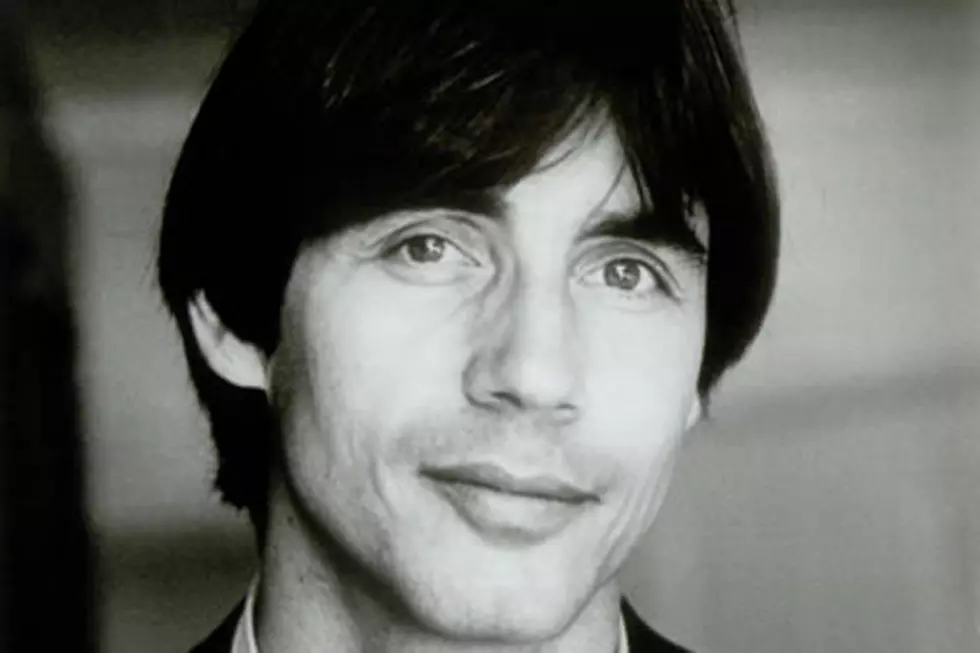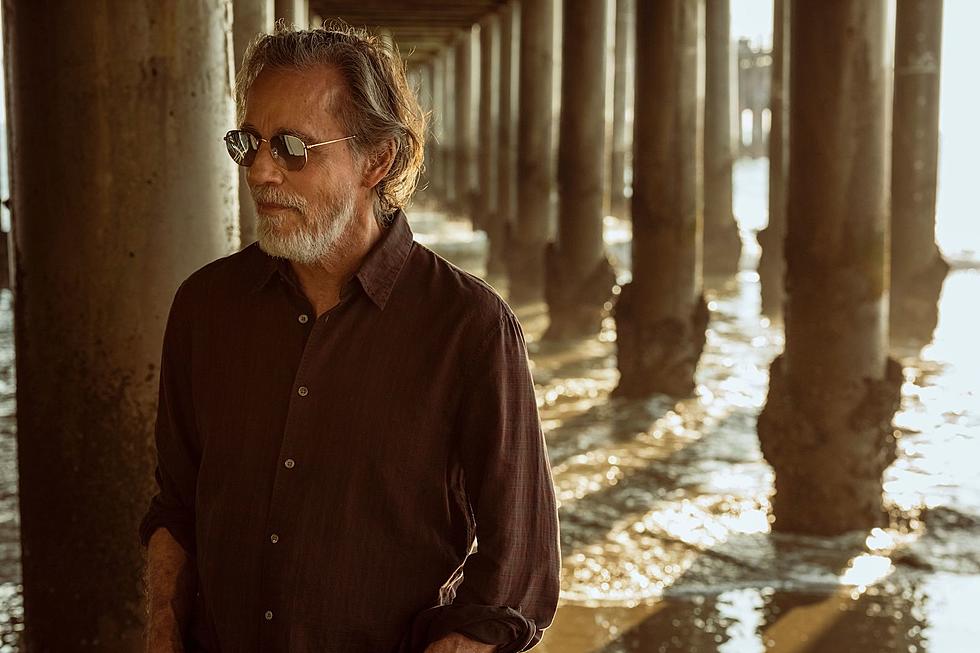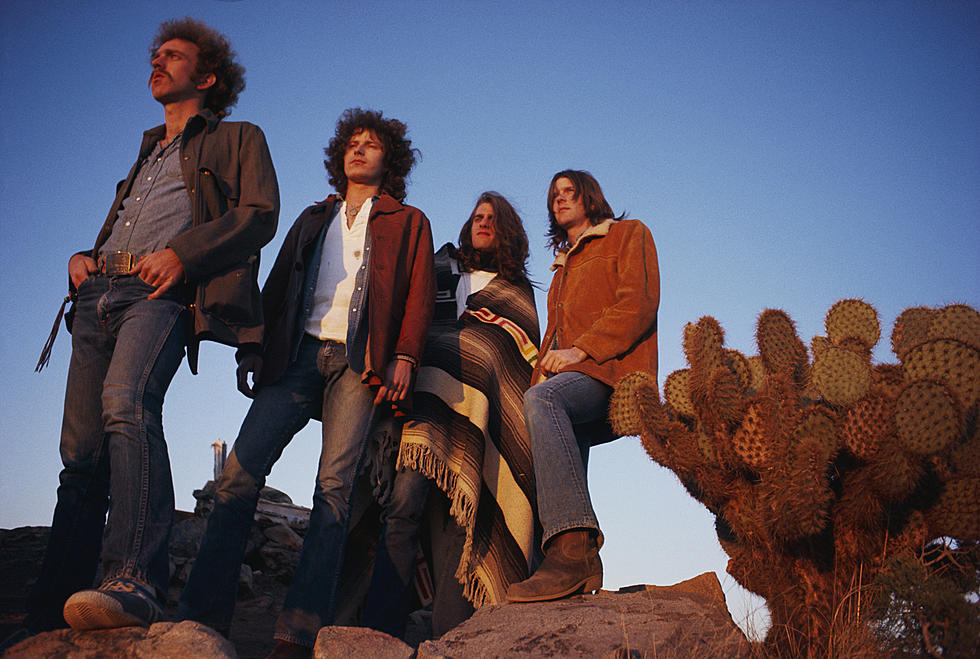
How Jackson Browne Made ‘Late for the Sky’ a Heartbreak Classic
Jackson Browne was only 25 years old when he recorded his third album, Late for the Sky, in September 1974. But he wrote like someone who had lived through several decades of heartache and sorrow. And he sang like someone who had the end of the world in his rear-view mirror and a wide open road in front of him.
None of this was new to Browne, whose self-titled debut album two years earlier skimmed similar themes. And he was barely 16 when he wrote an early version of "These Days," a meditation on defeat, misgiving and time that ended up on his second album, 1973's For Everyman.
But Late for the Sky was more sprawling and more sweeping than any of his previous work. And it was more human. Browne made his name writing and singing about the human experience – an everyman quality, if you will – that led to his songs being recorded by artists as diverse as Nico, Gregg Allman and the Byrds before he even released a record under his own name. Late for the Sky was not only human, it was heartbreakingly human.
In a sense, it's a breakup album, filled with songs about romantic entanglements and regrets. On a bigger scope, it's about failing on a grand scale but being reluctantly prepared for the misery that's sure to come as some sort of aftermath. On songs like the title track, "Fountain of Sorrow" and "Before the Deluge," Browne maps out a plan for his personal apocalypse, knowing damn well it'll never be used.
And with its best songs clocking in at either five or six minutes, Late for the Sky is a singer-songwriter album that more or less mapped out the designs for dozens, if not hundreds, of storytellers who wanly followed its path. The LP has been called the quintessential Jackson Browne record for good reason: Everything there is to love about his music (or hate about it, if you fall on that side) is here.
To paraphrase Linus in A Charlie Brown Christmas, of all the Jackson Browne albums in the world, this is the Jackson Browniest.
Listen to Jackson Browne's 'Late for the Sky'
The album reached No. 14, his highest showing up to that point. Neither of its two singles – "Walking Slow" and "Fountain of Sorrow" – managed to crack the Top 100, but that wasn't too big of a surprise. The only song that charted from For Everyman ("Redneck Friend") stalled at No. 85. Browne was an album artist, and Late for the Sky was a typically '70s album in that respect, well worth the time and effort fans invested into its cycle of songs that held together both thematically and musically.
But its impact has stretched well beyond that decade. Two years after its release, the title song made a memorable appearance in Martin Scorsese's Taxi Driver, framing a critical scene of the movie's antihero breaking, maybe for the last time, under the pressures of his own personal holocaust.
Since then, the album has influenced, whether directly or not, almost every single singer-songwriter with a guitar, piano and an urge to wrestle his or her demons in song.
Two years after Late for the Sky came out, Browne's wife died of an overdose, and his music took on darker, deeper shades for 1976's The Pretender. But Browne didn't have to reach far to get there. Late for the Sky forged the path, leaving ruins behind as it pressed forward toward the dire, soon-to-be-scarred future.
See Jackson Browne Among the Top 100 Albums of the '70s
More From Ultimate Classic Rock









